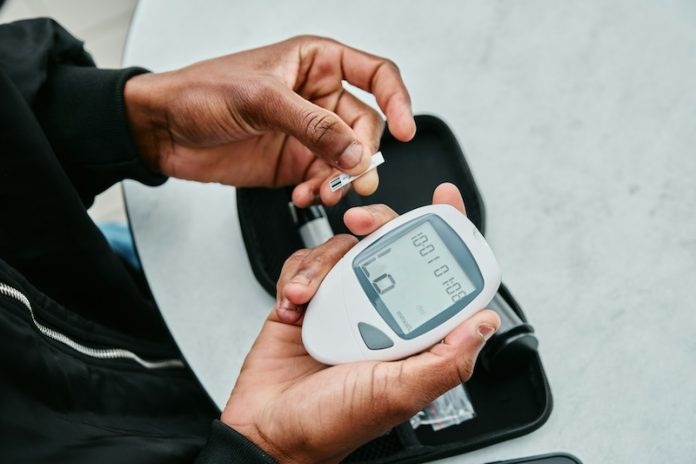
Researchers from Northwestern University have uncovered significant cardiovascular risks associated with two drugs frequently used to treat Type 2 diabetes after the initial medication, metformin, proves insufficient or unsuitable.
The study, led by Matthew O’Brien and published in JAMA Network Open, emphasizes the need for a shift in how second-line diabetes treatments are approached.
The drugs in question, sulfonylureas and basal insulin, are traditional choices when metformin doesn’t adequately manage diabetes alone. Despite their widespread use, affecting over half of the patients needing additional medication, the study indicates these drugs carry substantial risks.
Patients using sulfonylureas showed a 36% higher likelihood of experiencing cardiovascular issues like heart attacks, strokes, heart failure, or amputation compared to those using a newer class of drugs known as DPP-4 inhibitors. For those on basal insulin, the risk doubled.
The study’s findings are particularly concerning given the high prevalence of Type 2 diabetes, affecting around 30 million Americans.
When applying the risk statistics to this population, the potential for harm becomes starkly apparent: for every 37 people treated with basal insulin over two years, one will likely experience a severe cardiovascular event. For sulfonylureas, the number is 103 people.
These alarming statistics have prompted researchers to advocate for the broader use of newer diabetes medications like GLP-1 agonists (e.g., liraglutide), SGLT-2 inhibitors (e.g., empagliflozin), or DPP-4 inhibitors (e.g., sitagliptin), which demonstrate lower cardiovascular risks. However, the higher cost of these newer drugs often limits their use in clinical practice.
The study analyzed data from 132,737 patients initiating second-line diabetes treatments, providing a comprehensive overview of real-world outcomes.
This approach complements earlier randomized trials that typically compare a single drug to a placebo, thus broadening the understanding of how these drugs perform in everyday settings.
By highlighting the cardiovascular dangers associated with commonly prescribed diabetes treatments, the researchers aim to inform patients and healthcare providers about the potential risks involved.
They suggest a reevaluation of treatment protocols to prioritize patient safety and reduce the incidence of heart-related complications in those with Type 2 diabetes.
This call for a paradigm shift in diabetes treatment reflects a growing awareness of the need to balance efficacy with safety, especially when better options are available but underused due to cost concerns.
If you care about diabetes, please read studies about 5 vitamins that may prevent complication in diabetes, and how to manage high blood pressure and diabetes with healthy foods.
For more health information, please see recent studies about vitamin D and type2 diabetes, and to people with type 2 diabetes, some fruits are better than others.
Copyright © 2024 Knowridge Science Report. All rights reserved.



